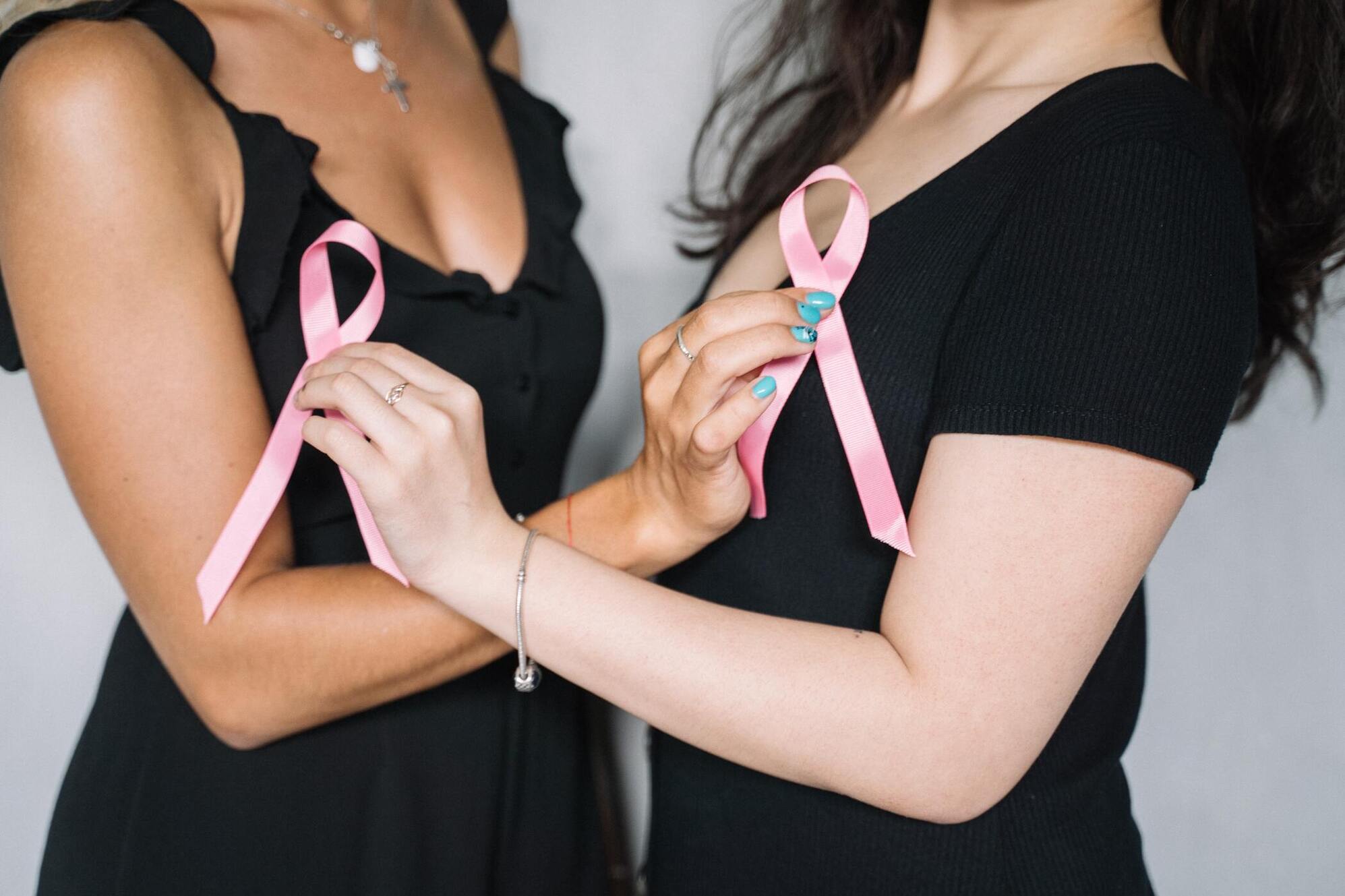Breast cancer is one of the most common cancers in the world, and it’s estimated that 1 in 8 U.S. women will be diagnosed with it in their lifetime. If you’ve thought about breast cancer and what you can do to prevent it, you’re in the right place. Breast cancer prevention starts with healthy habits. Read on to learn more about the top prevention tips that experts recommend.
What Can I Do to Reduce My Risk of Breast Cancer?
Like other medical conditions, your risk of breast cancer will depend on many factors—some factors you can control and others you can’t. Experts recommend focussing on what you can control.
Here are the best lifestyle changes you can make for breast cancer prevention.
Maintain a healthy weight
Being overweight or obese is a risk factor for most cancers, and breast cancer is no different. This is especially important for women after menopause. Anyone going through menopause is at increased risk for breast cancer, and gaining weight after menopause increases your risk even more.
Limit alcohol intake
Since alcohol affects women differently, there are many reasons why drinking is harmful to a woman’s health – including an increased risk of breast cancer. No alcohol is best, but if you do drink, you should limit yourself to one drink per day.
Eat a healthy diet
A healthy diet is important for cancer prevention. Women who follow the Mediterranean diet have a decreased risk of breast cancer. You don’t have to follow the diet exactly, but adding some of its foods can help.
Try adding these foods to your diet:
- Fresh fruits
- Fresh vegetables
- Whole grains
- Legumes
- Nuts
- Fish
- Olive oil
You don’t have to change your diet overnight. Simply adding these foods a little at a time can go a long way in making healthy diet changes.
Be physically active
Getting enough exercise is part of any healthy lifestyle and will reduce your risk of breast cancer. It’s best to get close to 300 minutes per week of exercise, but the intensity of your exercise matters. For the best results, The American Cancer Society recommends either 150-300 minutes of moderately intense exercise or 75 to 150 of vigorous exercise per week.
Breastfeed
Breastfeeding (if you can) can reduce your risk of breast cancer. This option may not be right for everyone but for those who do breastfeed, the longer you breastfeed, the lower your risk for breast cancer.
Birth control pills
Birth control pills can have many benefits, and it can even lower your risk of some cancers. When it comes to breast cancer, being on a birth control pill can slightly increase your risk. The good news is that the risk goes away quickly after you stop taking it.
Your age is also a factor in your risk level. Younger women have less risk using birth control pills, but women over 35 are at an increased risk for negative side effects and a slightly increased risk of breast cancer. However, the overall risk of breast cancer in hormonal birth control users remains very low
Using birth control pills is a personal choice. If you’re worried about any adverse effects, talk to your healthcare provider so they can assess your risk.
Learn Your Family History
While your family’s health history might not be something you can control, knowing if you’re at an increased risk is important. Some breast cancers run in families. For some, a change (or mutation) in the BRCA1 or BRCA2 gene can increase your risk of breast cancer. Knowing if you’re at risk for this is important because you may be eligible for closer monitoring and testing.
Get Regular Mammograms
A mammogram is like an x-ray of your breasts that shows abnormalities within the breast tissue. Mammograms don’t prevent cancer, but if you get them regularly, you can diagnose it early, making it easier to treat.
For women with an average risk, mammograms start at age 40. If you’re at an increased risk, your doctor may start screening earlier. For women ages 40-55, mammograms are recommended every year. After age 55, your doctor may recommend getting one every other year.
Breast cancer prevention starts with the small changes you can make in your life. Learning more about breast cancer, screening tools, and prevention strategies can help you take control of your health and reduce your chance of getting it.
Sources
Breast Cancer Facts And Statistics
Can I Lower My Risk For Breast Cancer?
Breast Cancer Prevention: How To Reduce Your Risk
8 Ways To Prevent Breast Cancer

